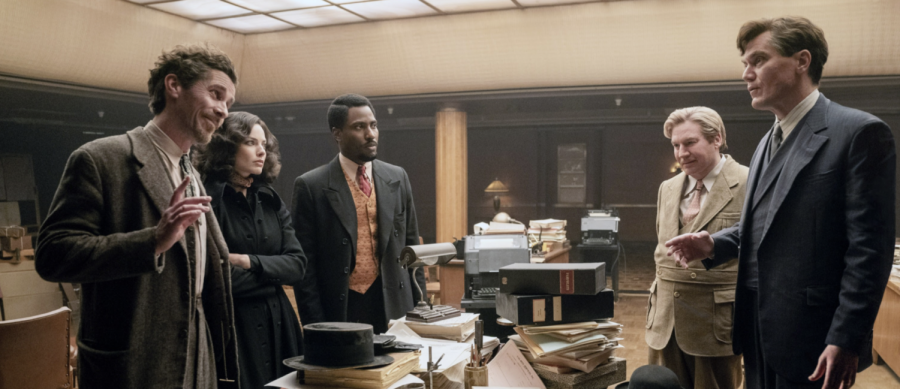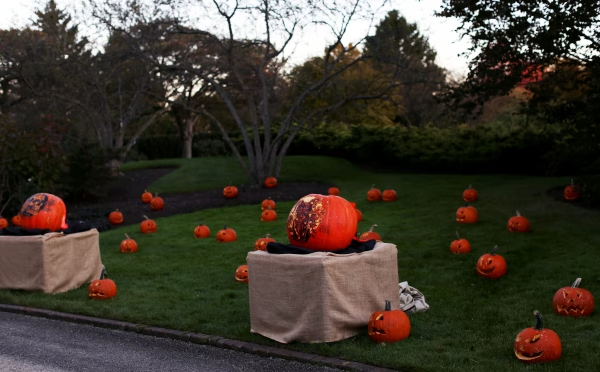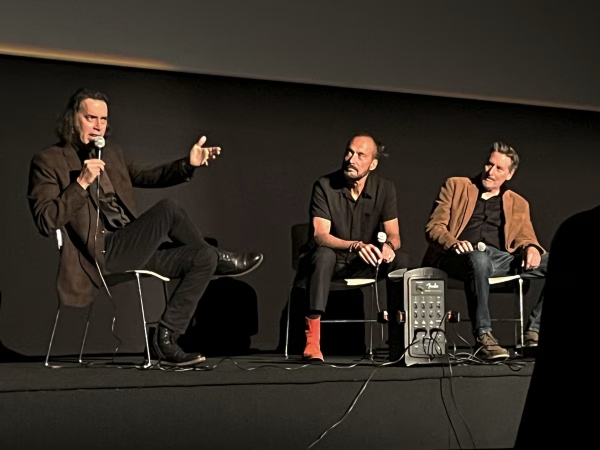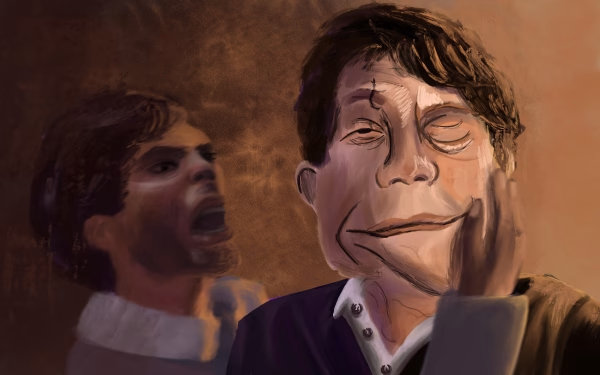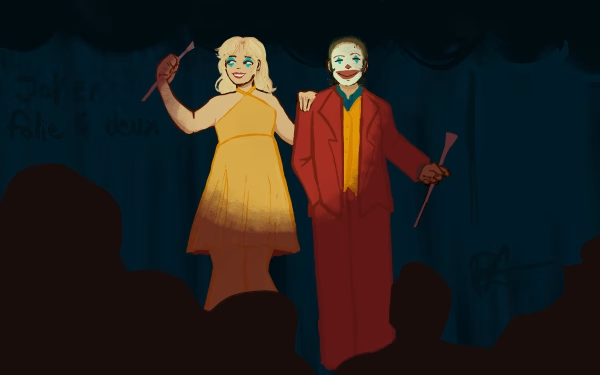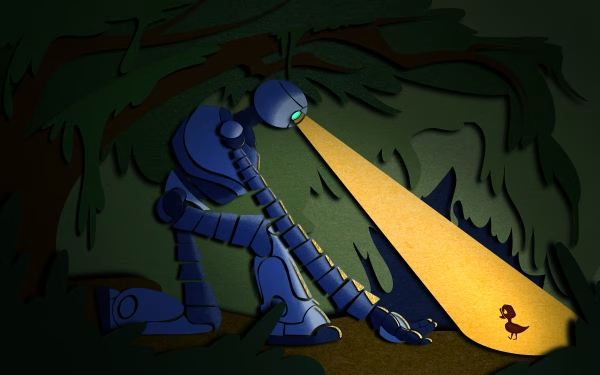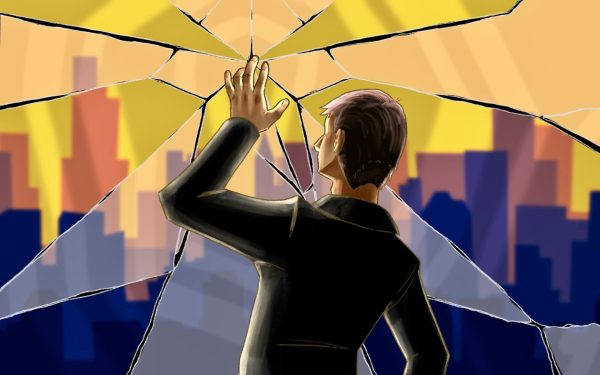Amsterdam look through rose tinted glasses
The 2022 film “Amsterdam” tells the story of three friends who work to solve a murder.
In 1934, Ezra Pound wrote “Make it New.” These three simple words would become the declaration for the entire modernist art movement and all the issues it sought to tackle in a newly industrializing world. The politics, culture and religion of this era would forever be captured by Pound’s injunction, even after modernism’s destruction in the wake of World War II.
David O. Russell seeks to capture this historical moment of transition in his new film “Amsterdam.” His ambitions are grand, amounting to nothing less than analyzing one of the most crucial artistic and political periods of the past 150 years. Armed with an arsenal of the most talented current actors and possibly the greatest living cinematographer, one would expect Russell to at least have some semblance of a thesis. However, “Amsterdam” is so thematically indecipherable and cliché that any commentary on both the current and past artistic moments is lost.
The film is set in 1933 New York, and follows Burt Berendsen, played by Christian Bale, a veteran who now runs a failing medical practice and his attorney, Harold Woodsman, played by John David Washington. Their lives are thrown into disarray after they are falsely accused of murdering the heiress of a wealthy New York family. In an effort to clear their names, they must discover the true killer with the help of Valerie Voze, played by Margot Robbie.
The film’s title refers to the Dutch city where, following the three protagonists’ service in World War I, they find a safe haven, one where the cares of the New York elites can be forgotten about. In an extended flashback, the trio experiences the carefree lives they all dreamed of.
This segment is crucial to understanding the failings of the film. Russell seems to be eulogizing the loss of an era where, as art critic Robert Hughes put it, “one of the supreme cultural experiments in the history of the world was enacted.”
This immediately parallels Wes Anderson’s film “The Grand Budapest Hotel,” which is similarly mournful of a lost historical moment where it felt as if being alive right there was equivalent to being at the nexus of the universe.
The difference between the two films is that “The Grand Budapest Hotel” might be nostalgic, but it does not sacrifice clarity for the sake of that nostalgia. “Amsterdam” wants to capture so many disparate ideas that drawing a clear through line is almost impossible. A major subplot in “Amsterdam” is the repurposing of shrapnel from the war to create art pieces. This, a seeming act of modernist reappropriation, disdains the patrician class and is portrayed as triumphant. Later, however, Russell equates experimental modern art with fascist imagery. These two contradictory moments are never resolved or explained.
A charitable reading might say that Russell is trying to show how modernism both informed but can also be reclaimed from 1930s fascism but this analysis also falls short. He wants to critique the wealthy industrialists of post-World War I Europe and their American counterparts who misused the tenets of modernism for their own financial gain. In the film, these industrialists are so concerned with commodifying the world around them that even the installation of a fascist dictator is preferable to financial loss.
This sounds like a promising idea, but the way Russell resolves this thematic arc, through the benevolent actions of another wealthy character, seems to exist in opposition to his thesis that fascism arose through that same wealth. If anything, the message behind all this is that the “wrong” elites are simply in power. Instead of presenting any different ideology, “Amsterdam” ends up supporting a rearrangement of the hegemonic powers.
Again, “The Grand Budapest Hotel” comes to mind as a film which synthesized a critique of fascism with a commentary on our nostalgic perception of the world. “Amsterdam” attempts to go the same route but reaches for so much more that everything slips through its fingers. A great film could be made with David O. Russell’s premise and ideas. Sadly, “Amsterdam” is not that film.


